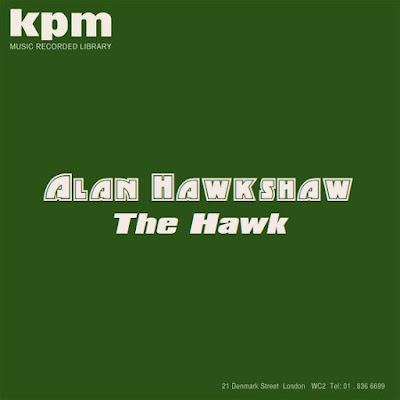When The Stone Roses released the single 'Fools Gold'/'What the World Is Waiting For' in 1989, 'Fools Gold' was orignally intended as the b-side, but the song quickly became one of the band's most famous songs, and merited an extended version on the 12" single, becoming their first top ten UK hit. This success led to their biggest headline gigs in 1989, to 4,000 people at Blackpool's Empress Ballroom and to 7,000 people at London's Alexandra Palace, and the group won four NME Readers poll awards that year - Band of the Year, Best New Band, Single of the Year for 'Fools Gold', and Album of the Year for 'The Stone Roses'. Their gig at Spike Island on 7 May 1990 was attended by some 27,000 people, and although it was considered a failure at the time due to sound problems and bad organisation, it's since become legendary over the years as a "Woodstock for the baggy generation". Their final single for Silvertone was 'One Love', which reached number four in the UK singles chart, and which proved to be the band's last original release for four years, entering a protracted legal battle to terminate their five-year contract with the label. Silvertone owners Zomba Records took out an injunction in September 1990 to prevent the band from recording with any other label, but in May 1991 the court sided with the group, and they were released from their contract. The band subsequently signed with Geffen Records for a million-pound advance, and began work on their second album, but an appeal against the ruling delayed the record for another year, and the band finally started work on the record in mid-1993.
Progress was slow, with producer John Leckie ultimately leaving the project as the band would not sign a production contract, and the band assuming production duties with engineer Simon Dawson at Rockfield Studios in Wales, spending 347 ten-hour days working on the album. 'Second Coming' finally arrived on 5 December 1994, and their sound had changed to a shady, heavy blues rock sound, mostly due to Squire writing most of the material. 'Love Spreads' was the first single from the album, reaching number two on the UK Singles Chart, but 'Second Coming' received a mixed reception from the British press, with poor reviews and much being made of the length of time it took to record. In March 1995, just two weeks before a tour in support of 'Second Coming' was due to begin, Reni exited the band following a disagreement with Ian Brown, and a replacement drummer had to be found, with Robbie Maddix filling the drum-stool. After a couple of aborted attempts at setting up a tour, the band finally organised a full UK tour for November and December 1995 and all dates sold out in a day. John Squire announced his departure on 1 April 1996, blaming the gradual social and musical separation that the band had undergone in the past few years, and guitarist Aziz Ibrahim was recruited as a replacement. The band continued for another six months, but there was a noticeable deterioration in the quality of its public performances after Squire's loss, and the music press was united in its criticism, leading to Brown and Mani dissolving the group in October 1996. Their singles from 1989 onwards often added extended versions to the 12" versions, so we start with the full length version of the song that ended the last post, and which heralded the start of the band's attempts to 'groove harder'. While this post only has seven tracks it's still a full 48-minute album, so enjoy the final days of this iconic UK indie band.
01 Fools Gold (extended single 1989)
02 One Love (extended single 1990)
03 Something's Burning (extended b-side of 'One Love')
04 Breakout (b-side of 'Love Spreads' 1994)
05 Groove Harder (b-side of 'Love Spreads' 1994)
06 Moses (b-side of 'Ten Storey Love Song' 1995)
07 Ride On (b-side of 'Ten Storey Love Song' 1995)












